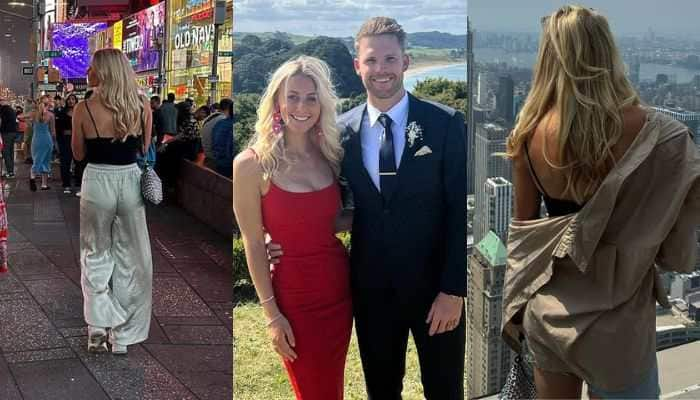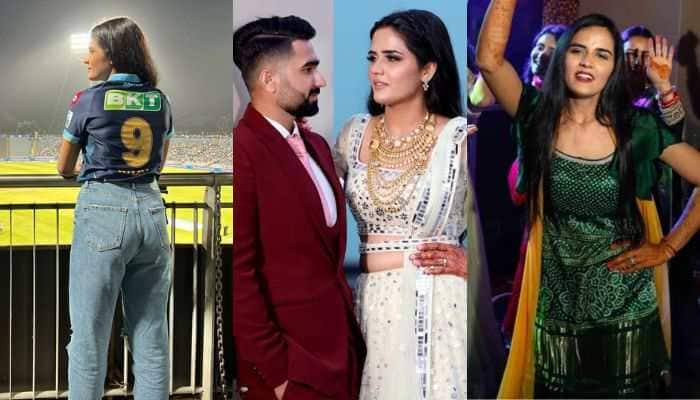India Calls For 'Immediate De-escalation' In Gaza, Backs Two-State Solution For Israel-Palestine At UN
India said it is committed to support a two-state solution where the Palestinian people are able to live freely in an independent country, with due regard to the security needs of Israel.
Trending Photos
)
New Delhi: India has urged for a “swift de-escalation and renunciation of violence” in Gaza, but did not explicitly call for a ceasefire, which is widely supported by the UN but rejected by Israel. “We appeal for a swift de-escalation and renunciation of violence in order to achieve a lasting solution,” India’s Permanent Representative Ruchira Kamboj said at the UN General Assembly on Monday.
She also demanded “the liberation of all hostages, refraining from provocative and escalatory actions and working towards creating conditions for an early resumption of direct peace negotiations”.
Kamboj reiterated New Delhi’s “strong” condemnation of civilian deaths in the conflict and pointed out that the “immediate trigger” for the Gaza conflict was “the terror attacks in Israel on October 7, which were appalling and deserve our unreserved condemnation”.
“India has a longstanding and uncompromising position against terrorism in all its forms and manifestations,” she asserted.
On the conflict that has caused massive civilian casualties, she said, “It is vital to prevent further escalation of violence and hostilities. It is essential to avoid the loss of civilian lives in any conflict situation. International law and international humanitarian law must be upheld under all circumstances.”
The Gaza health ministry reported that over 30,000 people have been killed, most of them children and women, since Israel launched retaliatory attacks on the territory after Hamas struck Israel killing over 1,200 people and taking more than 190 people, many of them children, hostage.
Kamboj cautioned about the risks of the spillovers of the Gaza conflict. “The humanitarian crisis has worsened, and the region and beyond have witnessed rising instability,” she said.
The conflict has resonated in the Red Sea area where Houthis have attacked ships and were counterattacked by other countries and in Lebanon with clashes between Israeli forces and Hezbollah.
Kamboj spoke during a debate on the US veto last month of a Security Council resolution calling for an immediate humanitarian ceasefire.
The debate was held under an Assembly resolution mandating a meeting after a veto is cast to have that permanent member explain the action and for UN members to react to it.
Kamboj did not refer to the US veto or the exercise of veto powers by the five permanent members of the Security Council, which has immobilised it on Ukraine or Gaza or the efforts to limit the use of vetoes in special circumstances, and has been criticised by several speakers during the debate.
India, which seeks a permanent seat on the Security Council, maintains that as long as the veto exists it should be available to any new permanent members.
UN officials have warned of an impending threat of famine in a ravaged Gaza where relief supplies have been severely restricted. Kamboj said, “India has provided humanitarian aid to the people of Palestine and will continue to do so.”
“It is imperative that humanitarian aid to the people of Gaza be increased immediately in order to prevent a further deterioration in the situation,” she said. General Assembly President Dennis Francis said it was “deeply regrettable” that the body had to take up the Security Council veto issue in the of Gaza.
He called for an immediate cease-fire and the freeing of hostages, which he said had been endorsed unambiguously by an overwhelming majority of the Assembly. “Each day that passes risks a deepening failure to meet our moral duties and obligations; and each life lost adds to the stain on our collective conscience,” he said.







)
)
)
)
)
)
)
)
)
)
